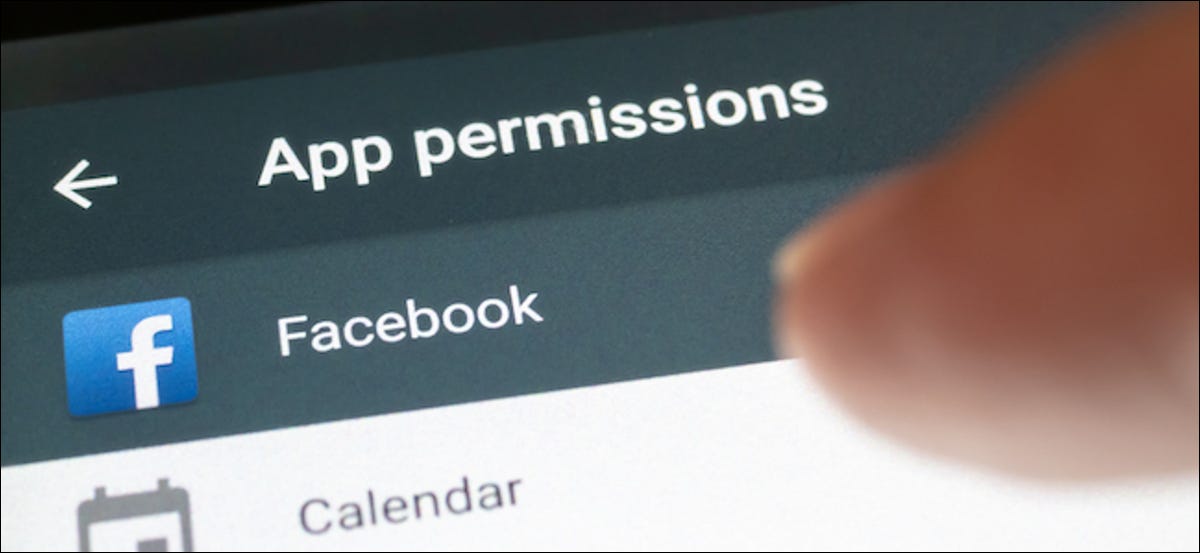
When you are no longer actively using an app, it's best to revoke any confidential permission you have been given. Fortunately, on your Android phone or tablet, you don't have to continue doing that manually.
Introduced in Android 11, the permissions feature offers a handy option that automatically revokes the permissions of an app that you haven't opened in a while. These settings cannot be applied globally across the entire operating system, which means you will have to enable it separately for each app. We suggest activating it, especially for apps from developers you don't trust. Here's how to enter it.
Before starting, note that all Android manufacturers modify the name of various menus and settings. The following steps and screenshots will cover the procedure on a Samsung phone. Even though the names may be different, the procedure will be very equivalent.
Open the app “Setting” on your Android smartphone or tablet. You can find it in the app drawer or by tapping on the gear icon in the notification panel.
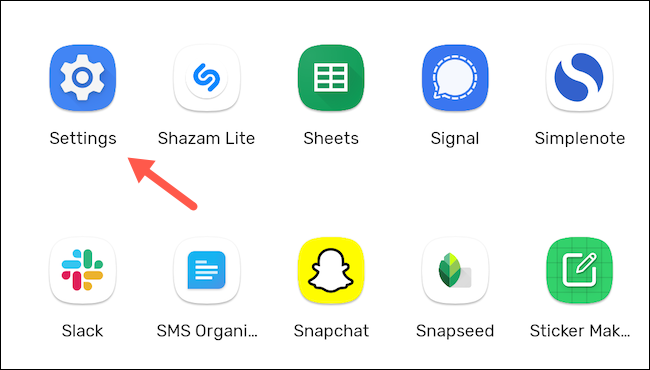

Please select “Apps and notifications”.
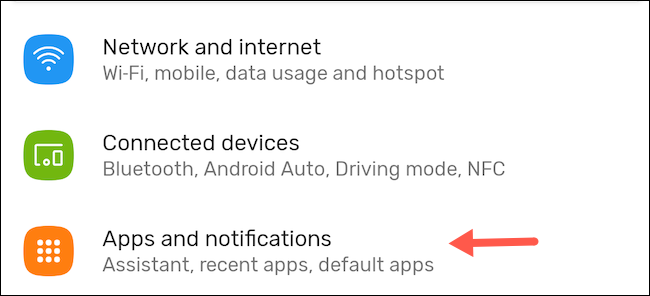

Inside, tap option “See all apps”.
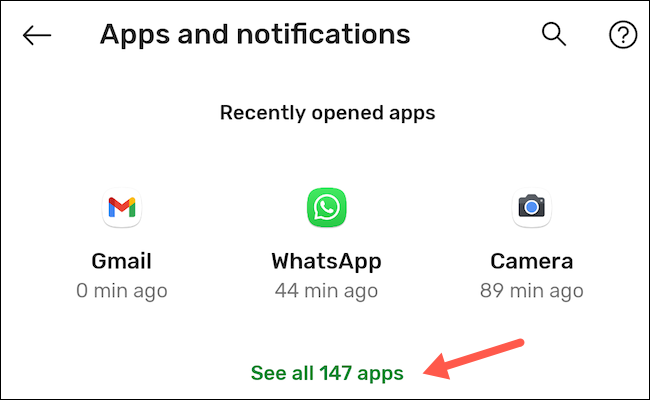

Find the app whose permissions you would like to have automatically revoked after a few months for lack of use. Tap the option “Permissions”.
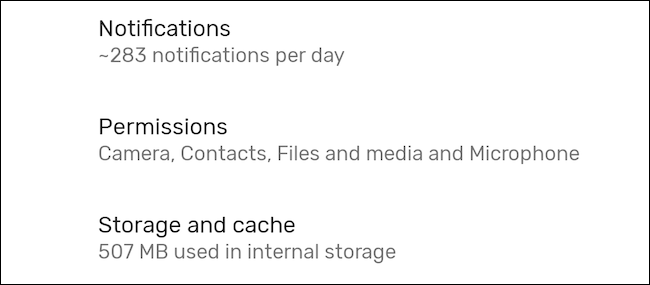

Change the option “Remove permissions if the app is not used” at the bottom of the page.


Now, if you don't use this app for a few months, your phone or tablet will cut your link to all data modules and sensors that it can enter. If you choose WhatsApp, you will lose the permissions to enter the camera, the microphone, local storage and more.
The set of permissions to which this setting applies will vary depending on the application. At the same time, It is important to note that it is only enabled in a restricted way for system level applications. Because, as an example, you can't tell Android to automatically revoke Gmail's access to your phone's contacts and calendar.
Google doesn't specify when Android will automatically revoke app permissions between uses. But in the future, when and if this setting is activated for any application, Android will notify you and also offer an option to uninstall the application.
Do you want to have better control over your smartphone privacy?? You can do more to better manage permissions on Android and the amount of data each app can read.






